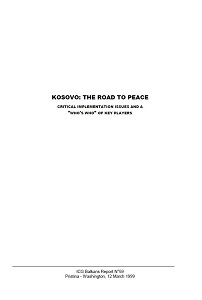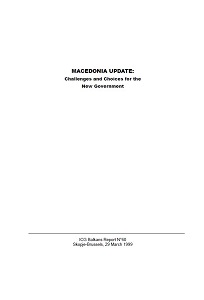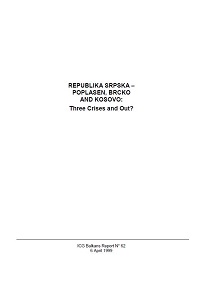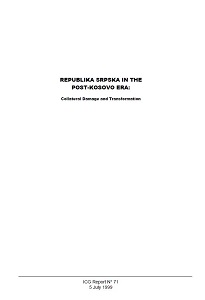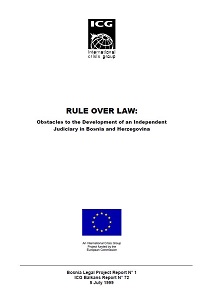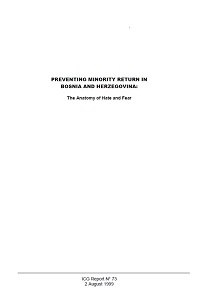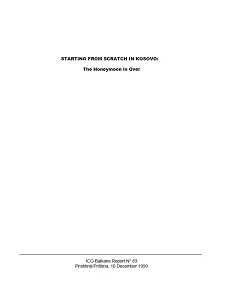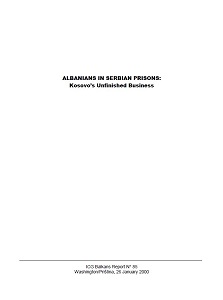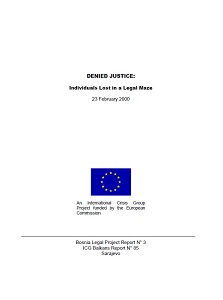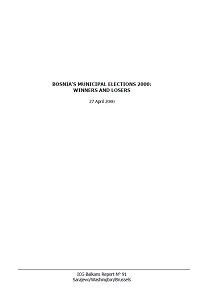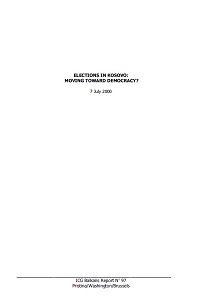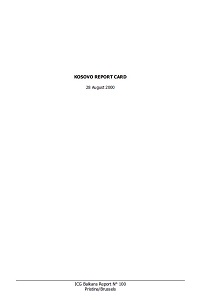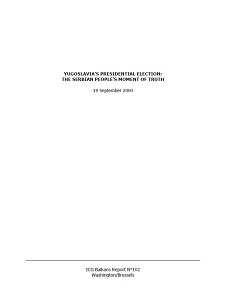
GLOBALNI I REGIONALNI POREDAK. Meka diplomatija Sjeverne Makedonije. Tranzicija Prespanskog foruma za dijalog iz brendirane vanjskopolitičke ideje u stvarnost
Since the declaration of independence in 1992, the sovereignty and right to exist of the Republic of North Macedonia has been constantly under attack from its neighbors. The biggest problem and serious limitations for North Macedonian international interactions and the struggle for recognition comes from Greece, which contested the right of the new state to have any identity link with ancient Macedonia. After a three-decade dispute and struggle against the coercive diplomacy of its neighbors, the Republic of Macedonia changed its constitutional name to the Republic of North Macedonia after its Prime Minister, Zoran Zaev, a social democrat, signed the Prespa Agreement with the then Greek Prime Minister, Alexis Tzipras. The non-invasive and cooperative foreign policy of the current government of North Macedonia reintroduced and underlined the pacifist and collaborative foreign policy practice that resulted in the Prespa forum initiative.
More...
